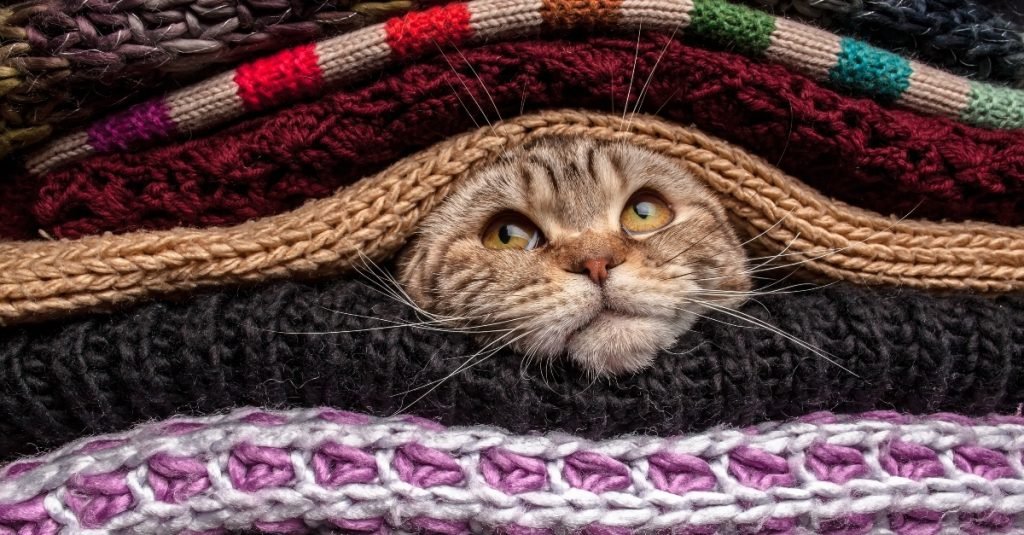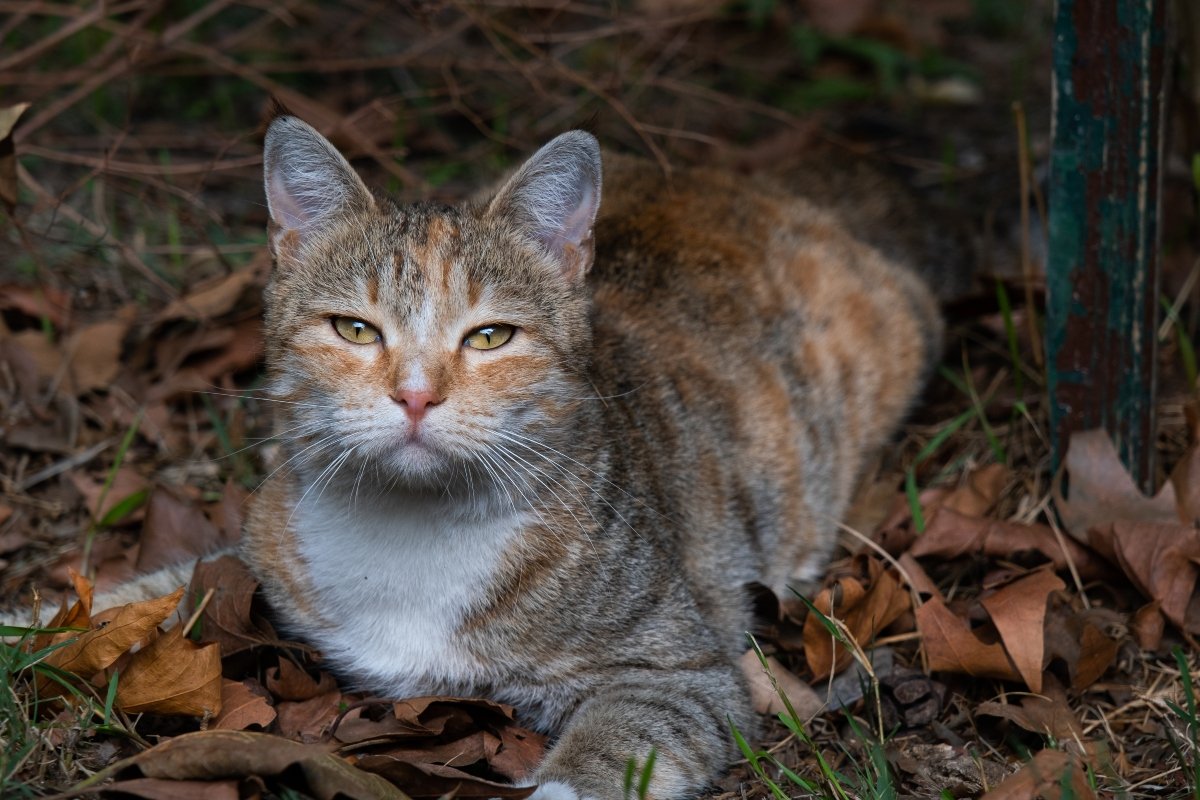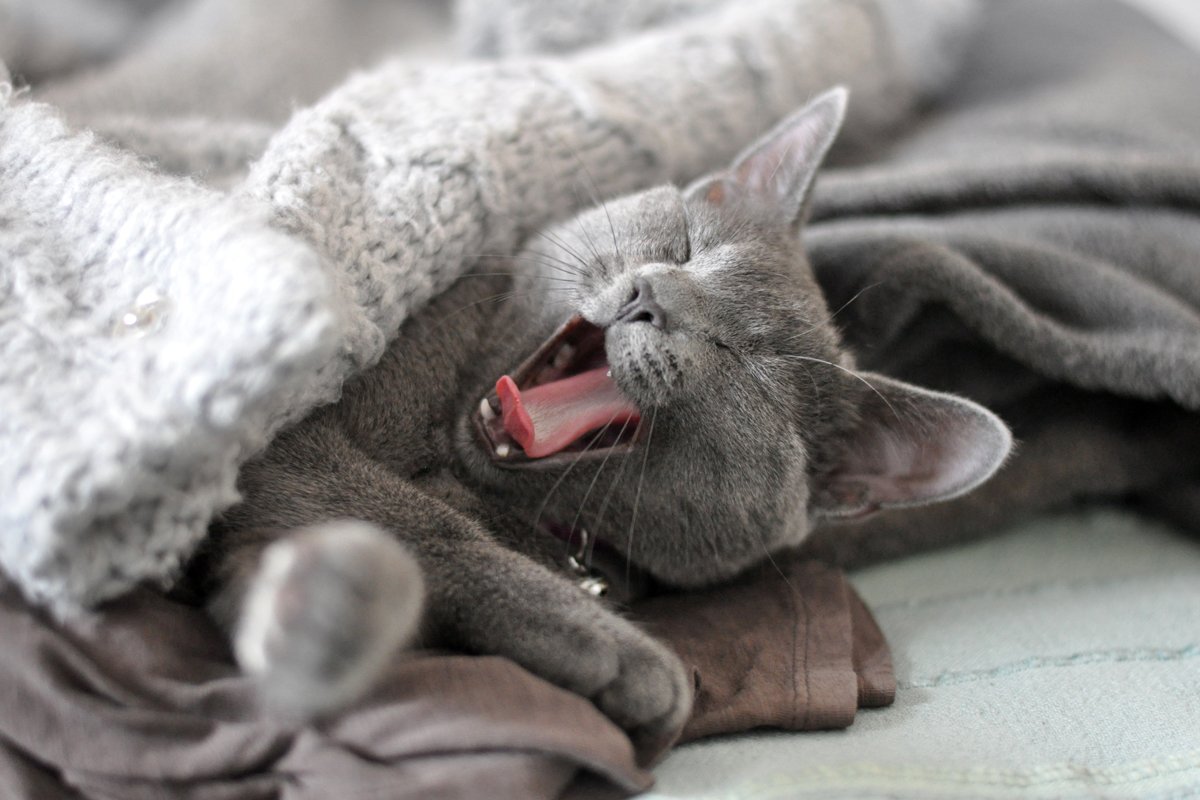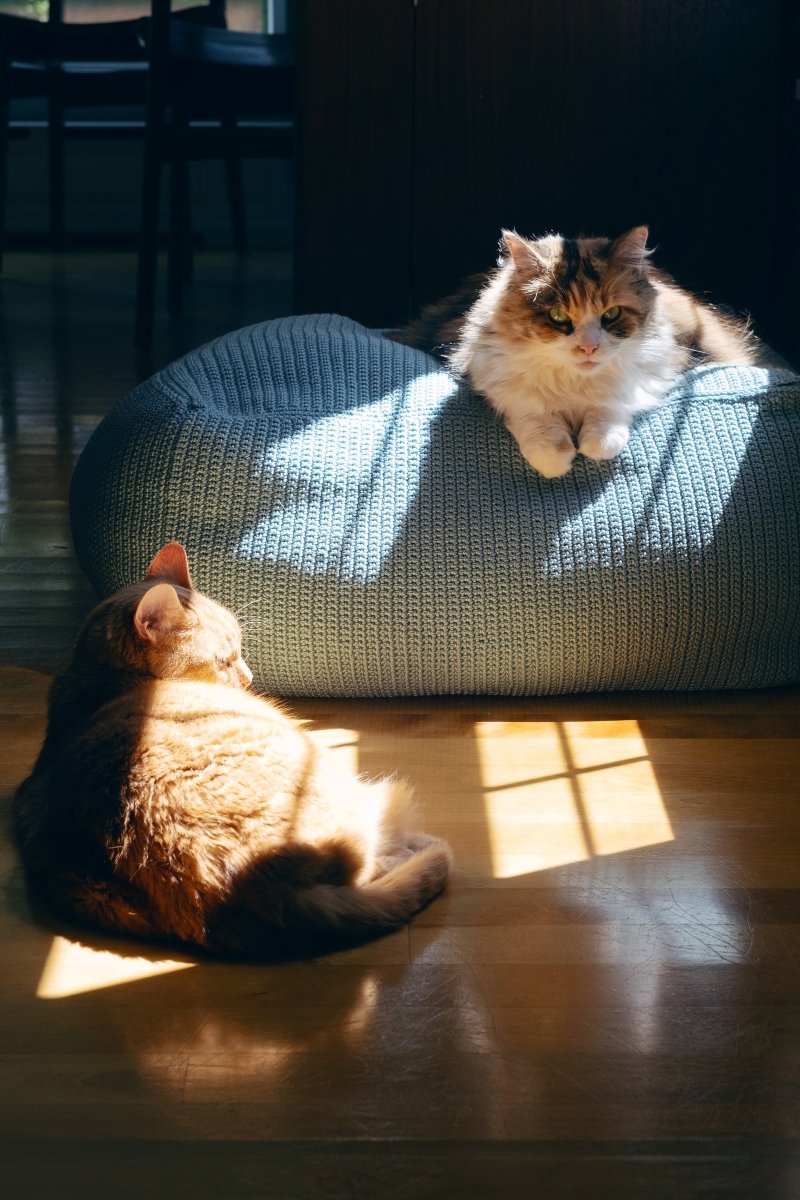This is why cats behave differently as the seasons change
Published: 2024. 11. 09 • 3 minutes reading

Published: 2024. 11. 09 • 3 minutes reading

The change of seasons fills most people with excitement. Each season has its unique characteristics and advantages, each one lovable in its own way. Just as we adapt to the new season, so do cats.
In cats, the seasonal changes isn't just about growing or shedding a thicker coat; it also affects their other physical characteristics and behavior, regardless of whether they’re indoor, outdoor, stray, or feral animals.
 For outdoor cats, it’s advisable to increase their food portions in winter, as their bodies burn more calories in the cold
For outdoor cats, it’s advisable to increase their food portions in winter, as their bodies burn more calories in the cold
When temperatures are comfortable without requiring special adjustments, cats are at their most active—in spring and autumn. You may have noticed that your cat sleeps and rests more during the summer months, especially during the day, to conserve energy in the heat. In winter, our pets seek warmer places, and outdoor cats may even try to sneak indoors.
More sensitive cats may be affected more by seasonal changes. They may show signs of irritability, sudden spikes or drops in energy, and sometimes spend more time in secure hiding spots. Of course, every cat is different; your pet might not display any typical seasonal behaviors.
Most pet owners know that as the colder seasons set in, cats’ appetites increase, and in summer, they tend to shed some weight. This is especially noticeable with outdoor cats. Indoor cats that live in heated spaces tipically don’t need extra food in winter. However, it’s wise to increase the portion slightly for outdoor or indoor-outdoor cats since their bodies burn more calories in the cold. If you’re uncertain, consult with a veterinarian.

As the days shorten and nights grow longer with the onset of winter, many people feel the effects. Those more deeply affected may experience seasonal affective disorder, feeling down during this time. This can happen to cats too.
Symptoms include hypersensitivity, nighttime restlessness, aloofness, fatigue, and lower energy levels. Many pet owners report that due to the lack of sunlight, their cat sleeps more, seems less playful, and generally appears moodier.
In such cases, keep your cat warm, which may boost its energy levels and make it more willing to move around. Playing more can also improve their mood. If you can, position their beds in sunlit areas at different times of the day. Though it seems small, sunlight can recharge cats like a battery recharges with electricity.
 If possible, provide a sunny spot in your home during winter for your cat
If possible, provide a sunny spot in your home during winter for your cat
Changes in temperature also affect a cat’s coat. When the cold comes, they grow a thick coat and shed it with the arrival of spring. Fortunately, cats are independent and don’t need much support during these times. But it’s important to meet their individual and breed-specific needs during shedding. Long-haired, older, or sick cats appreciate extra help with brushing, which also helps manage hairballs. You probably already know this as a responsible cat owner.
What might be less known is that changes in temperature and humidity can affect the condition of a cat’s skin. Indoor dry, warm air can cause dry and flaky skin, while outdoor cold can lead to skin irritation. If your cat is scratching a lot, it’s wise to take them to the vet, who can suggest a solution after examination. Remember, even a minor skin issue can quickly become a significant problem!
Follow us!
facebook instagramRelated articles